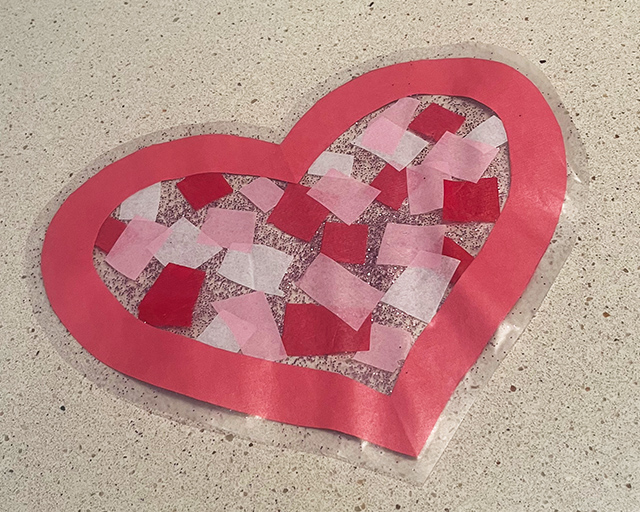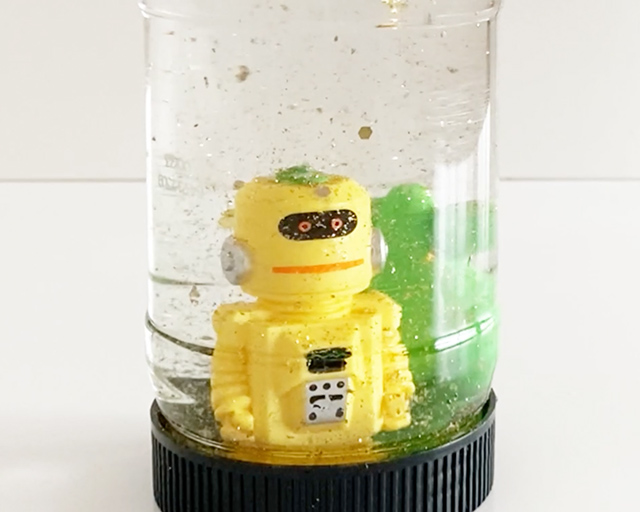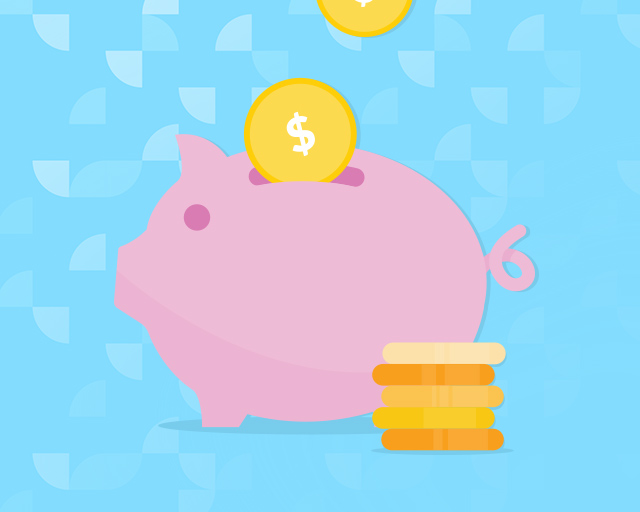

You go to a doctor when you’re not feeling well, but did you know you should check in on your financial health, too? Financial health is important for your future, giving you and your family peace of mind. So, where to start?
let’s start with savings
This can mean many things, so let’s focus first on having and using a budget, and working savings into your budget and making it a priority. Plan to set aside what you can each month after taking care of the other parts of your budget and financial responsibilities and have a goal to increase that amount gradually. Don’t forget to keep your savings separate from any other account. Learn more about a basic budget here.
Other ways to start saving money may include selling unwanted or unneeded clothing or items online. If that won’t work for you, research apps and bank accounts where you can automatically transfer money each month. That way, your money is out of sight, out of mind and you won’t be tempted to spend it.
If you have loose coins or bills in your pocket at the end of the day, drop them in a jar – you’ll be surprised at how quickly that’ll add up. Dropping a streaming service, canceling unnecessary subscriptions, monitoring your electric bill or switching up your cell phone plan are other easy changes you can make to spend less and save more.
There are bigger ways to save, too. If you own a home, look into refinancing your mortgage to take advantage of lower interest rates. You most likely have home and auto insurance. It never hurts to shop around or work with your current insurance company to find the lowest rates available.
Saving helps in both the short and long term. You may have an unexpected emergency, and instead of using credit to cover costs, you’ll have cash on hand to take care of it. Or, you may have long-term financial goals, such as buying a car or a house, so putting money aside in a savings account can help.
This means you’re familiar with your finances, and can make strategic, not emotional, decisions about your financial future.
You can become more familiar with your money by checking in with your budget regularly to make sure it’s still working for you. After looking at your budget, look at how you spend. Are there habits that you may want to change? For example, do you whip out a credit card to pay for every purchase? Using a debit card or cash makes it easier to see where your money is going and helps keep credit card balances lower. The bonus here is that you may be saving on interest in the long run, and hopefully moving some of that money into your savings accounts.
Think about why you spend and try to avoid impulse purchases or purchasing things you don’t necessarily need. Finally, try this exercise: Make a list of your “best” and “worst” purchases over the past year, then review the list and think about why you made those purchases. Seeing it written down may help you tweak your spending in the future.
Saving money is a good way to make sure you have a more secure financial future, but it might be a slower process than you would like. Maybe one of your financial goals is to retire sooner rather than later, so you’d like to build up your funds a little more quickly. One way to do this is check if your employer offers a 401k match, try to take full advantage of it and save up to the maximum amount if you can.
Like a 401k, investing in an IRA (individual retirement account) is for long-term saving. An IRA is tax-free or tax-deferred savings account, depending on what type you choose. A traditional IRA lets you make contributions with money that might be tax deductible, and earnings can grow tax deferred until you choose to withdraw them. A Roth IRA lets you make contributions with money that you’ve already paid taxes on, it may grow tax free, and you may be able to make tax-free withdrawals in retirement1.
Being financially healthy isn’t just about having savings or a budget. It also means having insurance as a financial safety net when the unexpected happens. There are a lot of insurance choices out there, such as health, car, home and life insurance. Research your options and pick those that work the best for you and your family.
Insurance helps, but an emergency fund is for unexpected expenses, such as car or home repairs, or medical bills is important too. It’s ok to start small but aim at having at least a few months’ worth of living expenses saved. Having this fund means you won’t have to rely on loans or credit cards in times of need.









